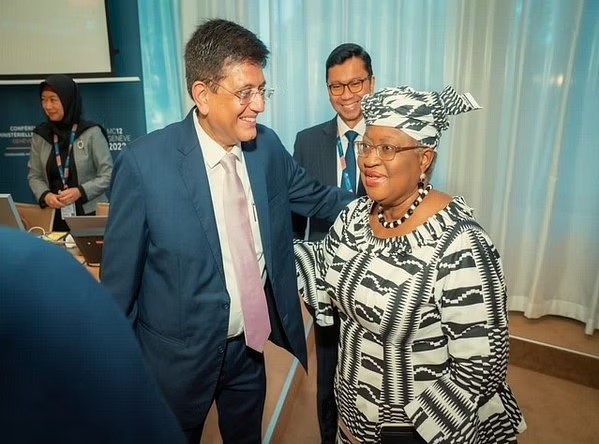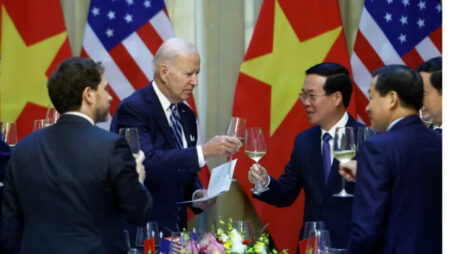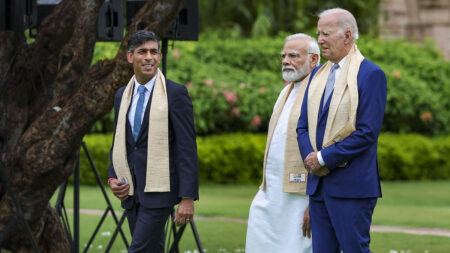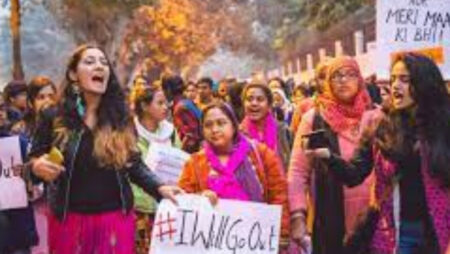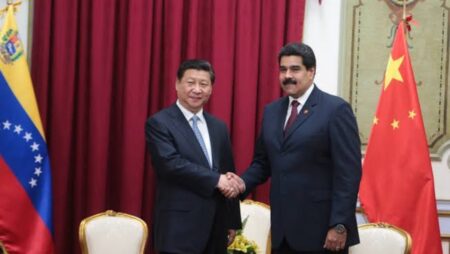Speaking at the WTO’s conference in Geneva, Indian Commerce and Industry Minister Piyush Goyal has made it clear that India cannot be pressured into signing any agreement on issues as a result of the conference in Geneva. India argued persuasively in favor of defending the interests of developing and underdeveloped nations.
According to the Commerce Ministry, the central topics of discussion and negotiation will be the 164-member WTO’s response to the pandemic, fishery subsidies, agriculture issues, including public stockholding for food security, reforms at the multilateral organization, and a ban on customs duties on electronic and transmission.
India has argued fiercely for the preservation of the Special and Differential Treatment (S & DT) provisions for developing countries. Click here to know about “S & DT”:
https://www.wto.org/english/tratop_e/devel_e/dev_special_differential_provisions_e.htm
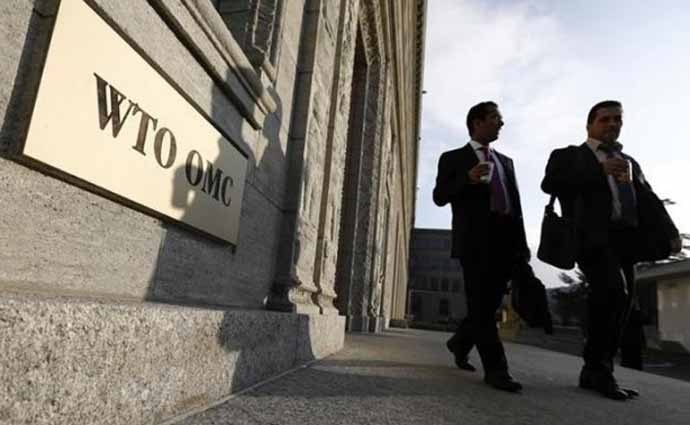
India’s stand at the 12th Ministerial Conference at the WTO in Geneva;
India has raised questions over the steps taken by WTO about the fisheries. It has also emphasized the ongoing food crisis and the severe horrific consequences of the ongoing COVID-19 pandemic.
New Delhi is determined to push the WTO for a permanent solution to the issue of public grain stockpiling for its food security, as well as to protect farmers’ and fishermen’s interests at the ministerial level.
India has argued that the WTO cannot institutionalize the privileges of a few countries while denying the right to progress to those who work for the vulnerable and marginalized sections of society. We need to have different perspectives, especially for countries that are not engaged in harmful deep-sea fishing. Otherwise, we risk ending up in circumstances similar to the Agreement on Agriculture, where inequalities and disparities persist, forcing several countries to rely on food aid.
India and World Trade Organization (WTO);
The World Trade Body (WTO) is an international organization that operates on a worldwide scale and focuses mostly on international trade regulations.
India has been a member of the WTO since January 1995. It had also been a member of the WTO’s forerunner General Agreement on Tariffs and Trade (GATT). As a developing country, India has played an important role in WTO proceedings, notably in voicing its concerns as well as those of the entire developing world. Click here for more details;
https://www.wto.org/english/thewto_e/countries_e/india_e.htm
Recent Developments in India and the World Trade Organization include Concerns about the Peace Clause, the Banning of Chinese Mobile apps & Issues related to Fisheries subsidies. There are further concerns that concern India, such as the Agreement on Countervailing Duties, Anti-dumping Duties, etc.
The concept of “Vashudhaiv Kutumbakam,” which translates to “The world is one Family,” has strongly been supported by New Delhi. It has consistently shown goodness, care for humanity, and sensitivity to society’s most vulnerable and marginalized groups. Piyush Goyal stated that “The WTO needs to regain its trust.”







